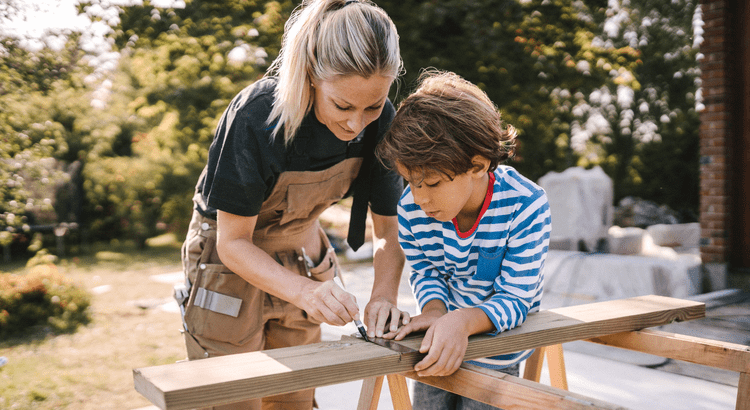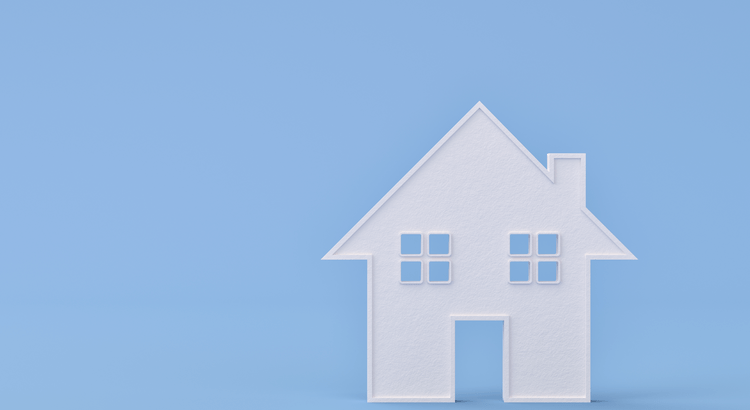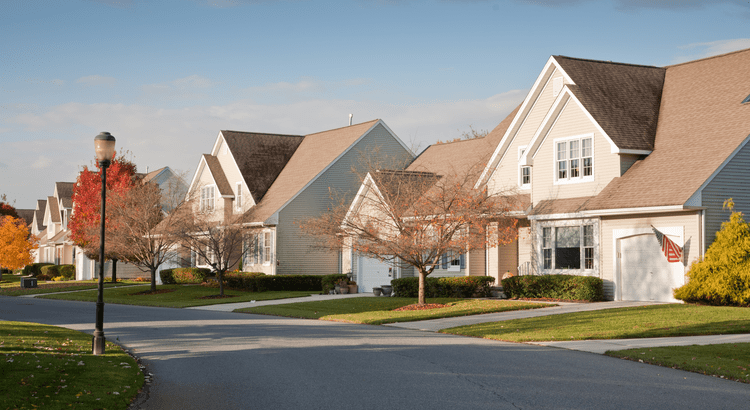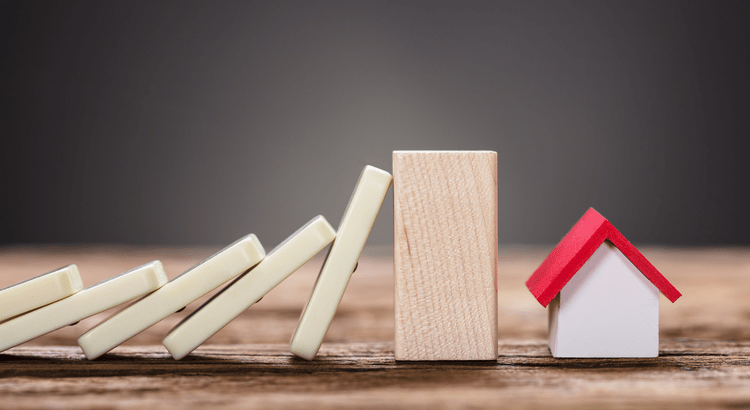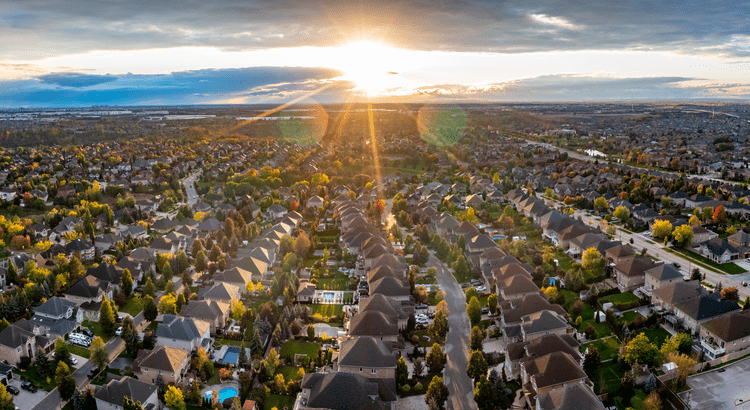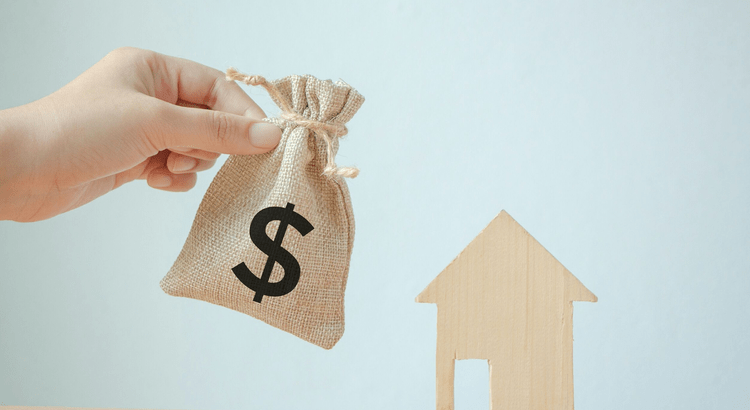
The Benefits of Using Your Equity To Make a Bigger Down Payment
Did you know? Homeowners are often able to put more money down when they buy their next home. That’s because, once they sell, they can use the equity they have in their current house toward their next down payment. And it’s why as home equity reaches a new height, the median down payment has too.
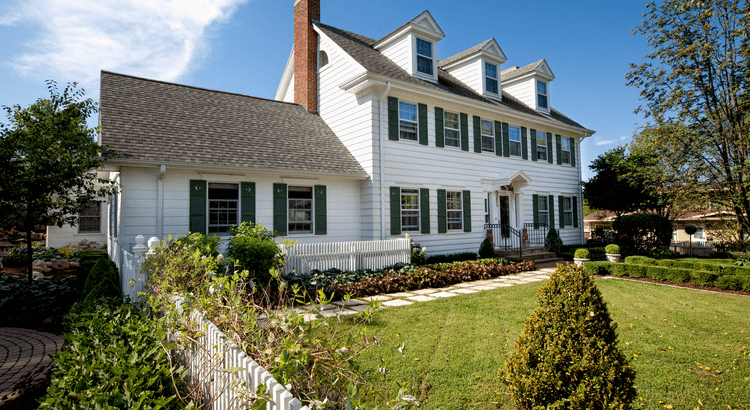
Why Buying Now May Be Worth It in the Long Run
Why Buying Now May Be Worth It in the Long Run Should you buy a home now or should you wait? That’s a question a lot of people have these days. And while what’s right for you is going to depend on a lot of different factors, here’s something you’ll want to consider as you make your decision. As soon

Real Estate Is Still the Best Long-Term Investment
According to a recent poll from Gallup, real estate has been voted the best long-term investment for twelve straight years. That’s because a home is so much more just than a roof over your head. It’s also an asset that typically grows in value over time. If you’ve been debating if it makes more sens
Categories
- All Blogs (347)
- Buyers (160)
- Condos (2)
- Economy (1)
- Equity (4)
- Events (3)
- Featured Home (2)
- First-Time Home Buyer (69)
- For Sale By Owner (1)
- Foreclosures (3)
- Get A Life Pet Rescue (1)
- Informative (38)
- Luxury (2)
- Market Insight (75)
- Mortgage Rates (9)
- Renters (6)
- renting (3)
- Sellers (128)
- VA Loans (2)
- video (1)
Recent Posts

